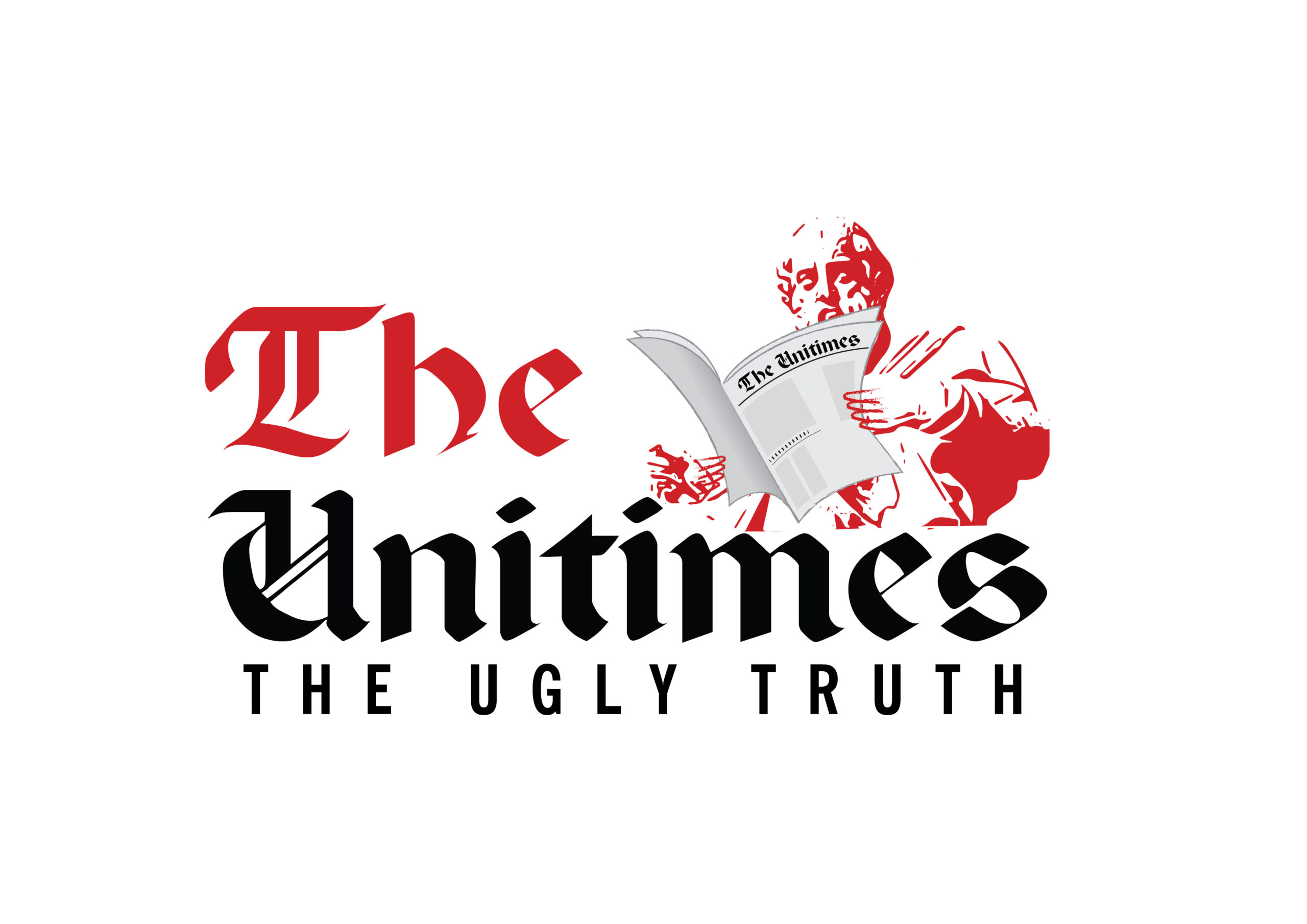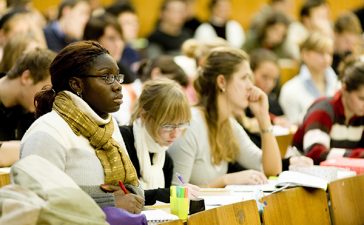Nearly three-quarters of UK universities slipped down while Asian institutions rose

A triple threat of Brexit, tightening budgets and unchecked expansion has seen the rankings of UK universities in an international league table slump for the fourth year in a row.
Nearly three-quarters of the country’s universities slipped down the rankings in the UK’s worst-ever performance in the table compiled by data and research group QS.
Imperial College London climbed one spot to reach eighth, making it the only UK university in the top 20 to improve. Oxford University slipped from fourth to fifth place and University College London fell two places to 10th, while Cambridge University held on to seventh place and the University of Edinburgh the 20th spot.
The compilers attributed the falls to poor teaching and declining research impact. Of the UK’s 84 ranked universities, 66 saw their staff to student ratio decline while 59 had a drop in research citations. International student numbers at 51 universities also fell.
Ben Sowter, director of research at QS, said the falls at UK universities mirror those in North American and European countries as a result of increasing investment in higher education elsewhere in the world. However, this has been compounded by Brexit, the hostile environment, financial uncertainty and rapid expansion, he said.
“Investment in teaching capacity would serve the British higher education sector well, and help it to regain lost ground. So, too, would concerted efforts to ensure that Britain continues to remain an attractive place for talented academics and students to study in the future, and a national desire to continue collaborating with our European and global partners on transformative research projects.”
Universities’ finances are likely to further deteriorate this academic year as they contend with falling domestic and international student numbers due to the coronavirus pandemic. Recent British Council research predicted that 14,000 fewer international students will enrol in September, resulting in £460m losses for universities, while an equivalent survey of UK applicants suggested one in five were considering deferring.
Sowter said that although it is difficult to pinpoint the exact impact of Brexit, the UK’s performance has trended “consistently downwards” since the Brexit vote in 2016. “Numerous sources – from Ucas to the Higher Education Policy Institute – have drawn the same connection between Brexit and lower British appeal among the global international student community,” he said.
He added that top UK universities may have expanded too quickly since the government lifted the numbers cap in 2013. “Increases in student numbers need to come alongside sufficient increases in teaching capacity, without which there is an increased likelihood that teaching quality will suffer,” he said.
The University of Bristol, which has come under fire from its local council for rapid expansion, slipped outside the top 50 for the first time, falling nine places to 58th. The remaining UK universities in the top 50 include the London School of Economics, which fell five places to 49th, King’s College London, which rose to 31st, and the University of Manchester, in 27th.
Massachusetts Institute of Technology (MIT) retained the top spot for the ninth year, ahead of Stanford University in second and Harvard University in third, whose ranks remained unchanged. Their success runs counter to the overall US performance, which has seen the country’s share of the top 100 universities fall from 32 to 27 over five years.
Meanwhile, Asian universities enjoyed their best-ever showing. Twenty-six universities in China, South Korea, Hong Kong, Japan, Singapore, Malaysia and Taiwan now feature in the top 100.
The QS world rankings methodology is based on employer and academic reputation, class sizes, research output and international staff and student numbers. It is one of the most highly regarded international league tables.






